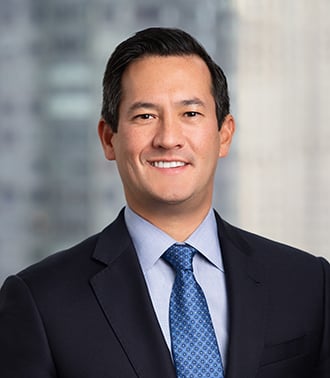Day Two of the ACI FCPA Conference: DOJ Officials Discuss International Cooperation, Rooting Out Corruption and Corporate Compliance
The second day of the 39th annual ACI FCPA Conference began with a Special Keynote address by Nicole Argentieri, the Principal Deputy Assistant Attorney General at the Department of Justice, Criminal Division. Argentieri focused on three main topics: the “critical importance” of the DOJ’s partnerships with foreign governments around the world; the US interest in rooting out corruption, whether on a small or large scale; and the much-discussed revisions to corporate criminal enforcement policies issued by Deputy Attorney General Lisa Monaco this past September.
With respect to foreign partnerships, Argentieri gave examples of DOJ cooperating in investigations with Brazil, Ecuador, France, Malaysia, Switzerland, and the United Kingdom. She noted that companies that have cooperated with DOJ and foreign authorities on international bribery investigations have been able to offset penalties in the United States with payments to other countries, avoiding duplicative sanctions. She also spoke about how DOJ has used kleptocracy initiatives and interagency coordination to recover and, where appropriate, return stolen or laundered funds.
According to Argentieri, DOJ is not just going after massive global corruption schemes. DOJ is concerned about lower-dollar corruption at a local and regional level as well, based on a recognition that even small bribes can erode the rule of law. She described recent enforcement actions that have tackled bribes to secure government contracts, to reduce taxes, to get favorable legislation passed, and to avoid prosecution.
Finally, Argentieri mentioned revisions to DOJ corporate enforcement policies, including how DOJ views voluntary self-disclosures, how it evaluates corporate cooperation and how it seeks to hold individuals accountable for corporate crime. Although she did not announce any new policies or guidance, she hinted that more guidance may be coming shortly.
Following the morning’s keynote address, the conference heard from Lauren Kootman, Assistant Chief of the Corporate Enforcement, Compliance and Policy Unit in the DOJ Criminal Fraud Section. During a panel discussion, Kootman described the work of her relatively new and growing unit, which houses not only prosecutors but also former in-house compliance officers and lawyers who have worked on corporate monitorships. She noted, “we are involved in every resolution that the Fraud Section brings,” both at the resolution stage and afterward, to supervise a company’s efforts to fulfill the settlement terms.
When asked about DOJ’s criteria for the Evaluation of Corporate Enforcement Programs, Kootman made clear that, while she views this as an important and useful document for companies, she does not consider it a checklist for every case. DOJ should not be overly prescriptive, she said, suggesting that it would not be appropriate, for example, to direct all companies on exactly how to retain their business communications. Kootman, like other DOJ officials at the conference, expressed the view that, generally speaking, companies should be thinking about what incentives they are creating for employees and what values they are promoting throughout the organization.
© Arnold & Porter Kaye Scholer LLP 2022 All Rights Reserved. This blog post is intended to be a general summary of the law and does not constitute legal advice. You should consult with counsel to determine applicable legal requirements in a specific fact situation.



